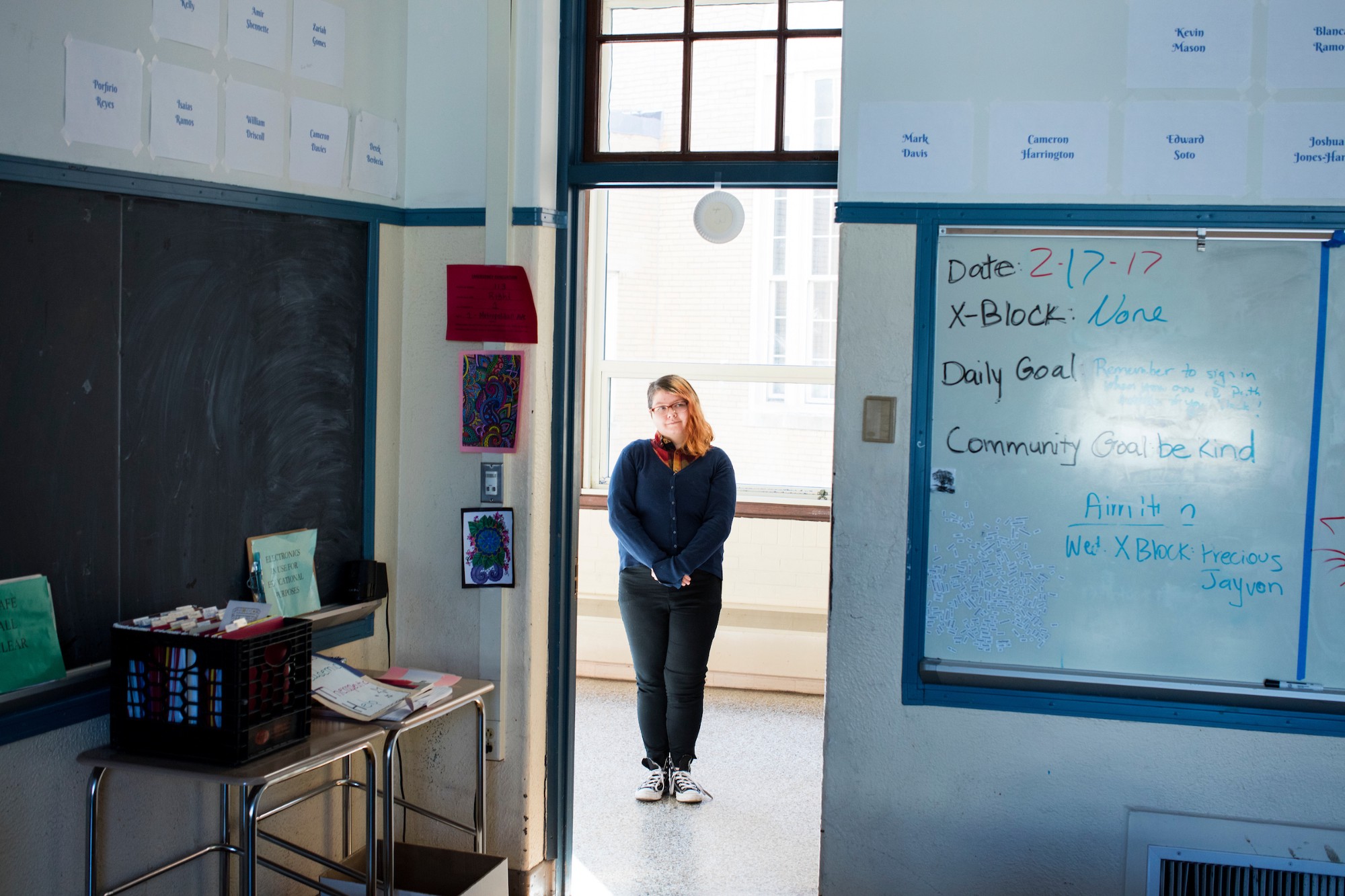Being a student is about much more than just getting a degree: During college, it’s critical to network and make useful acquaintances, as these professors and other students can be vital down the road when trying to get a job. With that in mind, here are a few tips for being a successful undergraduate that go beyond just getting A’s.
1. Responsibility and Initiative
A large part of your success as a student will stem from how much effort you put into your studies. When you take initiative in class, you learn the material more firmly and spend much less time studying than people who spend lectures surfing the internet or sleeping.
To help you retain information, it can help to remind yourself that being a student is your job and that committing class knowledge to memory is your main objective. It can definitely be difficult to keep your eye so squarely on the prize, but you should try and remember that professors will see your efforts to pay attention and that good impression itself will help you when it comes time for them to grade your material.
2. Set Goals
In order to realize the success you want for yourself, you have to treat education consciously. To do so, ask yourself questions like: What do I want to achieve by studying? What can I do to become a more effective thought leader in my field of study? When a person knows exactly why they are getting an education, they have a lot easier time deciding what to do after school.
To help you break down abstract goals into concrete checklists, though, you should set goals for yourself. These objectives should be, first and foremost, practical. For example, a first-year student in philosophy might task themselves with starting a blog. By the time they graduate, they’ll have a ready-made portfolio.
3. Work with Teachers
As a rule, teachers and students have common goals: your understanding of the subject matter. Because the educational process is always two-sided, meaning both the learner and the teacher must work to achieve the desired result, it’s important to perceive teachers not as enemies, but as allies you should learn how to work with.
They are tools on your academic tool belt, and you should treat them as resources whose primary goal is to help teach you about something they’ve devoted their life to.
4. Note-Taking Ability
You need to take notes at all lectures and seminars. Even if the lecture is boring.
To help, try inventing a convenient system of abbreviations for frequently repeated expressions. Write new symbols on the fields for better memorization. At the end of the class, go through your notes to ensure that you understand what you wrote. You can try taking notes with different-colored pens to indicate different actions you need to take.
For example, if something doesn’t make sense to you, mark it in green so you know you need to get clarification on it. Use red if the concept is thoroughly explained in the book, or blue if the teacher has only covered it in lecture.
This way, not only will you chronicling everything your teacher says, but you’ll be organizing it as you go, which will only make the studying process much more effective.
5. Organize Your Time
Time-management techniques are of the utmost importance, and some people will even say that learning to set a schedule for yourself is one of the main lessons college is intended to teach.
Without proper time management, you’ll find yourself studying for a big test at the last minute, which makes learning the material much more difficult. Sometimes, if you really don’t have enough time, you can use essay writing service hiring.
6. Fake It Till You Make It
You can judge the degree of a student’s interest in learning by the way they behave during class. Even if the topic of the session is boring to you and you want to get out of the class as quickly as possible, try not to show it.
Instead, take notes on the lecture. Sometimes, it even helps to look at the teacher and pretend like you’re interested in learning the material, because doing so can actually deceive your consciousness and generate a legitimate interest.
7. Be Upfront
Students really interested in getting an education will take an active part in the learning process, which means sitting close to the lecturer.
Even if you’re paying strict attention, if you sit in the back rows the teacher will be forced to assume that you are not paying full attention to them.
8. Study Beforehand
It might be a cliché, but, given the freedom of college, it can be tempting to procrastinate all semester and wait till the last minute to try and teach yourself a semester’s worth of information. Doing so rarely works, and it never works well.
Instead, try to study a tiny bit every week. Internalize your notes on the same day you take them. Doing so will make your final studying session simple, as you’ll find that you have all the information memorized already.
College is hard, but try your hardest to stick to these tips and you should be fine!
This article was prepared by the writers who work with Edusson.com — ask for help and get a superb work.
















